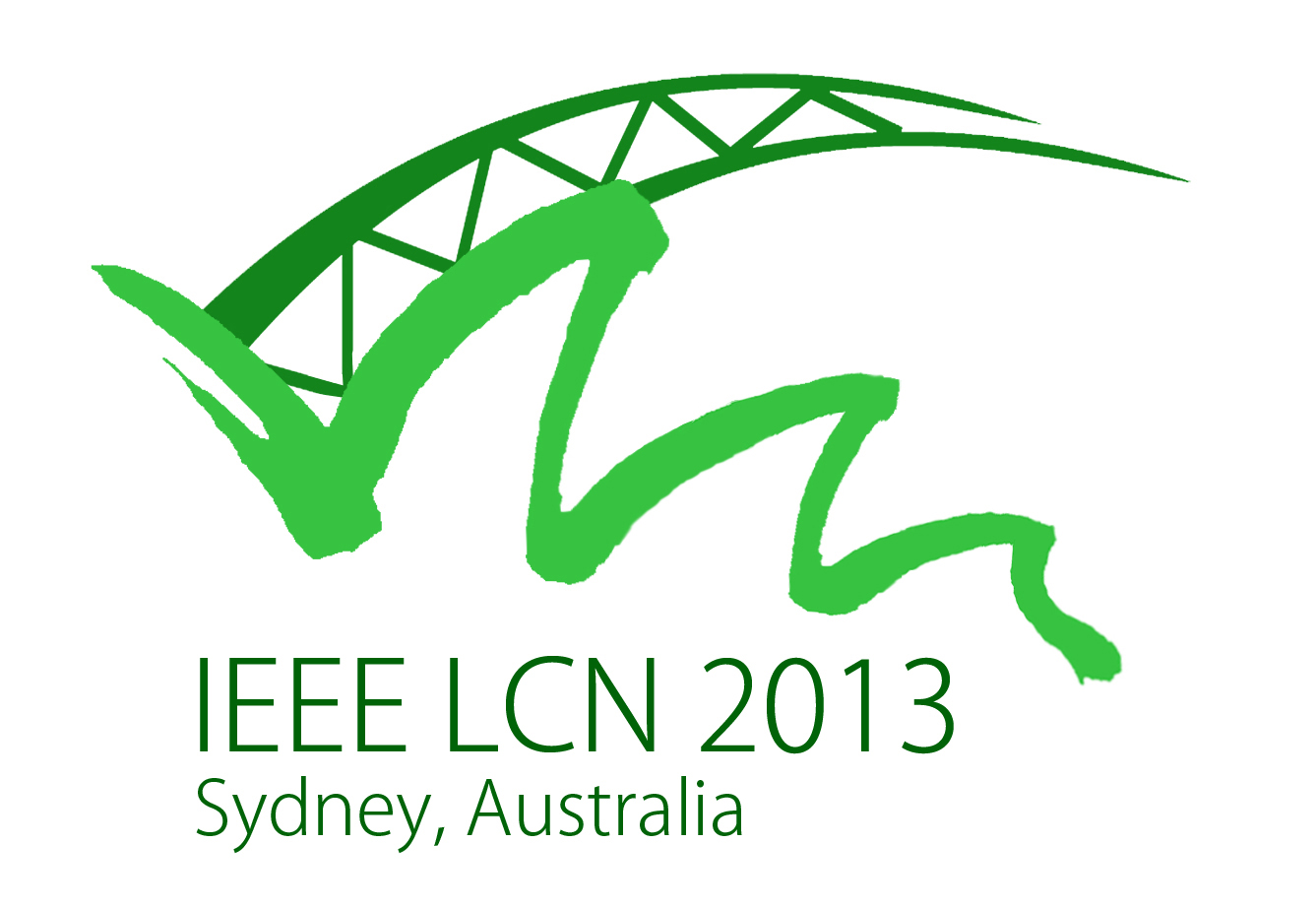LCN 2013
Tuesday, 22 October 2013
Software Defined Networks (SDN) - Enabling Virtualised, Programmable Infrastructure
Kevin Bloch
Chief Technical Officer
Cisco Australia and New Zealand
North Sydeny, Australia
ABSTRACT
In its formative stages, SDN was popular in research and venture capital communities. However as organisations tackle issues such as complexity, automation and time to market, the industry has become involved in this transition. SDN potentially addresses some of these challenges at the same time as exposing new options for cloud, predictive analytics and the Internet of Everything. This presentation provides an industry perspective of the drivers, status and potential of SDN and the promise of infrastructure virtualisation and programmability.
ABOUT THE SPEAKER
 Kevin Bloch is Chief Technology Officer at Cisco. He provides leadership of technology vision as well as leadership of people within Cisco to communicate and execute on that vision. Kevin is a member of the global Cisco CTO Forum, Cisco's most senior technology leadership board, representing APAC, Japan and China (APJC). He is also currently active on external commercial and government technology advisory boards.
Kevin Bloch is Chief Technology Officer at Cisco. He provides leadership of technology vision as well as leadership of people within Cisco to communicate and execute on that vision. Kevin is a member of the global Cisco CTO Forum, Cisco's most senior technology leadership board, representing APAC, Japan and China (APJC). He is also currently active on external commercial and government technology advisory boards.
Before joining Cisco 13 years ago, Kevin held senior positions with other telecommunications equipment manufacturers, systems integrators and service providers including Lucent, JNA Telecommunications and Telstra. Kevin is the author of six technical reference books.
Tuesday, 22 October 2013
Challenges of Data Access and Transport in a Truly Mobile World
Professor Aruna Seneviratne
University of New South Wales
Research Leader, Networks
National ICT Australia (NICTA)
Sydney, Australia
ABSTRACT
Mobile devices already produce about 600 terabytes of data every month, through more than 1.5 million cellular base stations and 5 billion mobile phones. Moreover, the rate of data that is being produced is expected to grow exponentially over time. Mobile broadband is fast becoming an essential part of modern life. The ability to cater to this demand is severely hampered by the shortage of radio frequency spectrum. So apart from developing new technologies that use the spectrum efficiently, it is also necessary to make the mobile systems smarter.
This talk will describe the techniques that are making systems smarter through the provision of user centered/personalized services and applications, and highlight one of the major challenges of designing such systems, namely preservation of privacy of the users. It will examine some of the recent recommender systems, personalized content delivery systems, and mobile applications to highlight the potential privacy threat these applications and services pose to users. Then it will outline some of the current solutions that are being proposed by the research community and provide discussion of one such approach — mobile service overlays — by focusing on the principles and practical considerations that went into the design of a privacy-preserving user generated content distribution system called mobitribe.
ABOUT THE SPEAKER
 Aruna Seneviratne is the Mahanakorn Chair of Telecommunication at the University of New South Wales and received his PhD in electrical engineering from the University of Bath, UK. He is also currently the leader of the Networks Research Group at the Australian Centre of Excellence in ICT research, NICTA. His research His research is in mobile computer systems, with a focus on networking, data management, and system software. He has held academic appointments at the University of Bradford, UK, Curtin University, University of Technology, Sydney and the University of New South Wales in Australia and visiting appointments at the University of Pierre Marie Curie (France), and INRIA (France). In addition he has been consultant to numerous organizations, including Telstra, Vodafone, Inmarsat and Ericsson.
Aruna Seneviratne is the Mahanakorn Chair of Telecommunication at the University of New South Wales and received his PhD in electrical engineering from the University of Bath, UK. He is also currently the leader of the Networks Research Group at the Australian Centre of Excellence in ICT research, NICTA. His research His research is in mobile computer systems, with a focus on networking, data management, and system software. He has held academic appointments at the University of Bradford, UK, Curtin University, University of Technology, Sydney and the University of New South Wales in Australia and visiting appointments at the University of Pierre Marie Curie (France), and INRIA (France). In addition he has been consultant to numerous organizations, including Telstra, Vodafone, Inmarsat and Ericsson.
|





